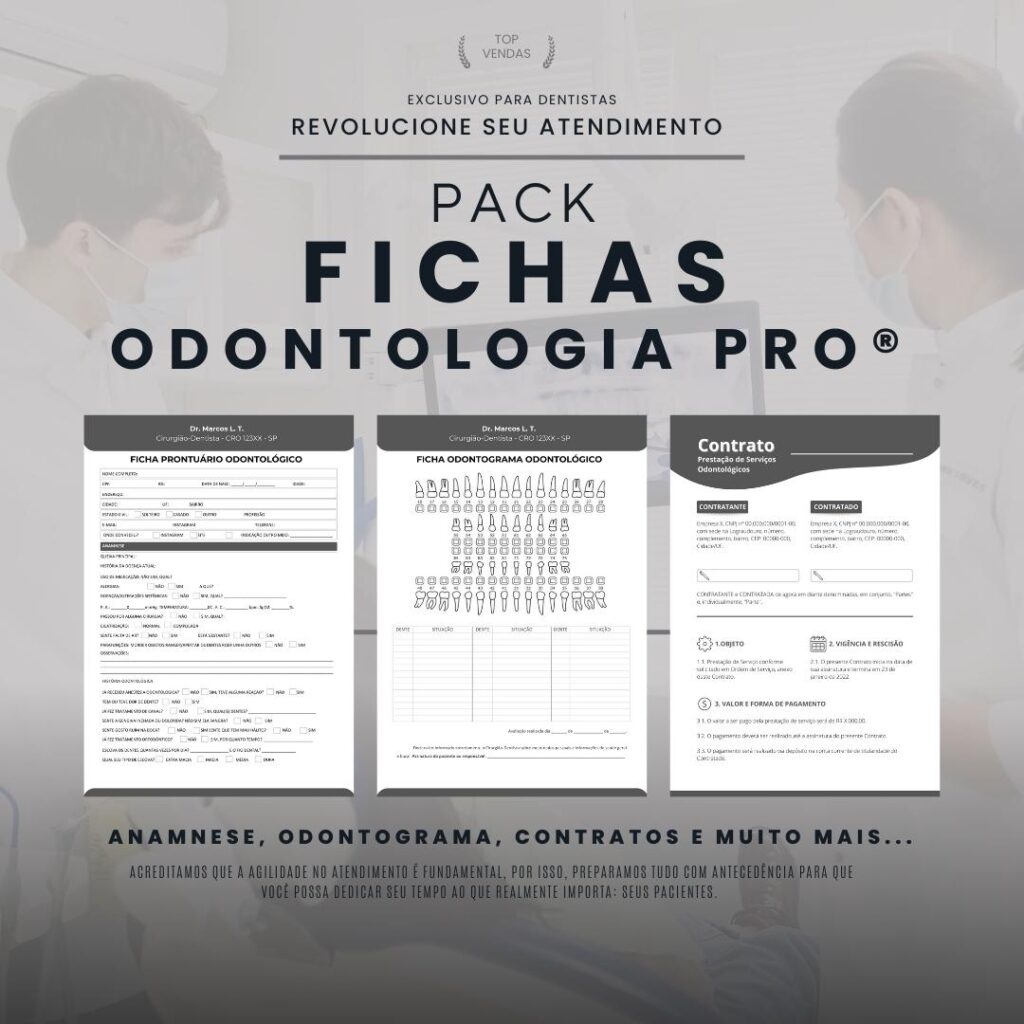What is a Transverse Tooth?
Transverse teeth are a dental anomaly that occurs when one or more teeth are positioned abnormally in relation to the dental arch. This condition can affect both baby teeth and permanent teeth, and can occur in any region of the mouth. Transverse teeth are usually diagnosed during childhood, when the teeth are developing, but they can also be identified in adults.
Causes of Transverse Tooth
Transverse teeth can be caused by a number of factors, the most common being related to genetics and the development of the dental arch. Some people have a genetic predisposition to having transverse teeth, which means that the condition can be inherited from their parents. In addition, a lack of space in the mouth to accommodate all the teeth can also lead to the development of transverse teeth.
Symptoms of Transverse Tooth
Symptoms of a crooked tooth can vary depending on the severity of the case. In some cases, a crooked tooth may not cause any apparent symptoms, while in others it can cause pain, discomfort, and difficulty chewing. In addition, a crooked tooth can affect the aesthetics of a smile, since misaligned teeth may be visible when smiling.
Transverse Tooth Diagnosis
The diagnosis of a transverse tooth is performed by a dentist or orthodontist, through clinical and radiographic examinations. During the clinical examination, the professional will evaluate the position of the teeth and the patient's occlusion, in addition to checking for symptoms such as pain and discomfort. Radiographic examinations, such as panoramic radiography and computed tomography, allow a more detailed visualization of the dental structure and assist in the diagnosis of a transverse tooth.
Transverse Tooth Treatment
Treatment for a crooked tooth depends on the severity of the case and the age of the patient. In some cases, crooked teeth can be corrected naturally as the dental arch develops, especially in children. However, in more severe cases, orthodontic treatments, such as fixed or removable braces, may be necessary to reposition the teeth in the correct position.
Transverse Tooth Complications
Transverse teeth, when not treated properly, can lead to oral and dental complications. Poor tooth positioning can make proper cleaning difficult, increasing the risk of cavities and periodontal disease. In addition, improper occlusion caused by transverse teeth can lead to chewing and speech problems, as well as excessive tooth wear.
Transverse Tooth Prevention
Preventing transverse teeth involves taking care of them from childhood, such as regular visits to the dentist and adopting proper oral hygiene habits. In addition, it is important for parents to be aware of their children's teeth development and, if they identify any problems, seek a specialized professional as soon as possible. Early detection of transverse teeth can facilitate treatment and prevent future complications.
Conclusion
In short, transverse teeth are a dental anomaly that occurs when one or more teeth are positioned abnormally in relation to the dental arch. This condition can be caused by genetic factors and inadequate development of the dental arch. Diagnosis of transverse teeth is performed through clinical and radiographic examinations, and treatment may vary depending on the severity of the case. It is important to seek the assistance of a specialized professional to prevent complications and ensure oral health.

